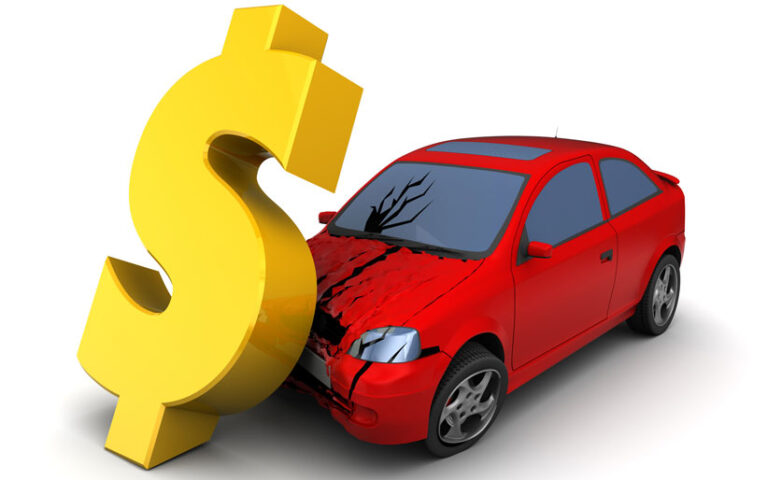– By Caroline Falls –
One day, a driver of a B-triple rolled his truck. Most organisations would consider this a major fleet accident. The driver survived, but having a big expensive fleet vehicle out of action was a disruption for the organisation and they did a deep dive into why the accident happened.
Everyone in the organisation was shocked to hear about the particular driver being involved in a workplace accident. He was regarded as exemplary. A few irregularities had popped up in his driving record over recent past weeks, but because he’d always been so good, his peers and superiors ignored the warning signs.
This anecdote was told at the 2021 IPWEA Fleet Conference to highlight the role of complacency, and its consequences.
“It stunned his entire organisation because this driver was considered the best of the best,” said Jerome Carslake, director of the National Road Safety Partnership Program run out of Monash University’s accident research centre.
In a post-accident interview the driver said he‘d purchased a house some six weeks earlier and had been spending every bit of spare time he had fixing it up.
“He’d lost his downtime and there was more fatigue when he was driving,” said Carslake.
“The lesson from it was that the organisation recognised that it had got complacent, that they just thought he was so good.” In the aftermath, the organisation tinkered with its systems to ensure any red flags were actioned swiftly. They recognised that every human is different and we all experience ups and downs in our lives outside the workplace.
Carslake said the story about complacency led to a big discussion among participants in a forum made up mostly of utility organisations, including water boards, telcos, gas and electricity suppliers. The trick is to see it — in organisations, in systems, among workers — and turn that attitude into one of continuous learning.
In another example of how complacency can creep in and destroy standards and goals, his co-presenter at the 2021 IPWEA Fleet Conference talked about management of pool cars in an organisation.
“There were very clear instructions for the operators of the pool cars and what’s expected of them in terms of fuel, and in terms of cleanliness,” said Tim Roberts, director of consultancy Fleet Strategy.
“When I conducted the review, I talked with a number of stakeholders in different areas of that business and I asked them to talk about their experience. One of the users of the pool vehicles said: ‘Let’s go very quickly and have a look at the pool vehicles.’ We walked along row of pool vehicles and the wing mirrors were all cobwebbed and there was dirt up the sides of vehicles.”
Meanwhile, the terms of use very clearly said that it was a responsibility of the users of these assets to ensure they were returned in a clean state, said Roberts, adding “They weren’t being returned clean and they weren’t being managed.”
“I think it’s typical that complacency creeps into systems, and particularly in fleets, and it’s something to be mindful of.”
Here, I’ll leave readers with some questions Roberts’ fairly posed: “What’s the experience with the pre-start checks?”, another of the conditions set out for poolcar users in this particular organisation. “Are they doing their pre-start checks?,” or are they too being ignored amid a sim.






